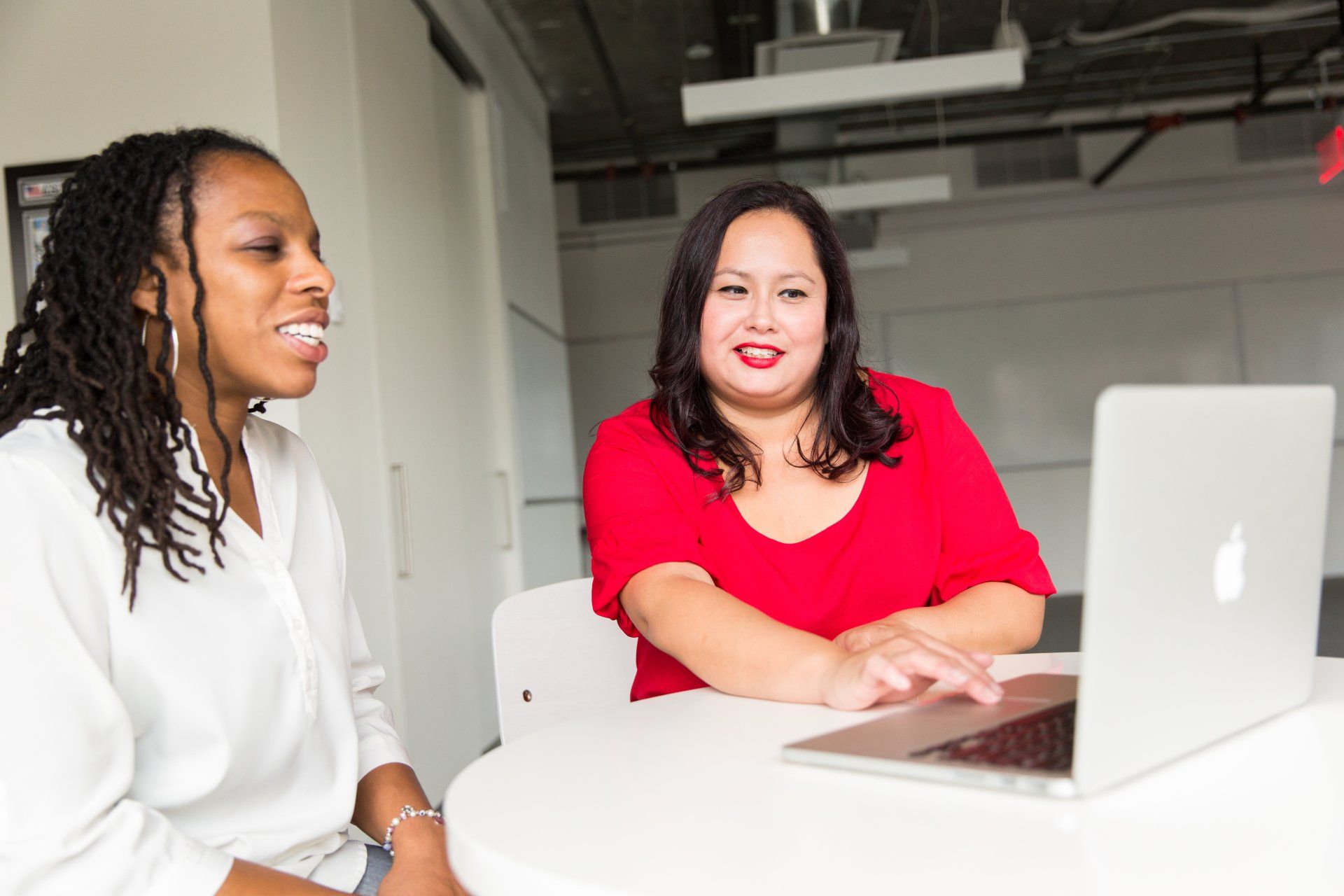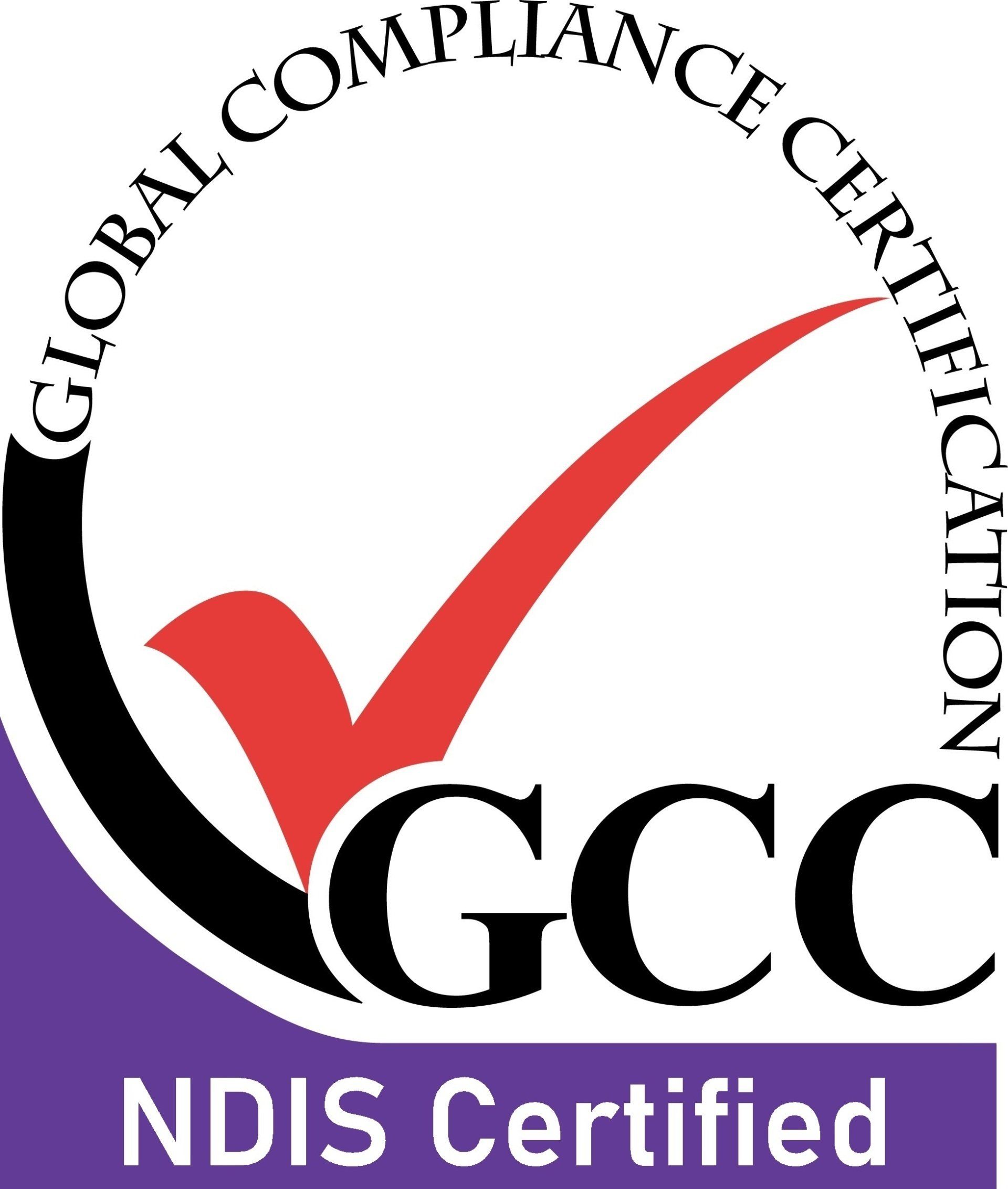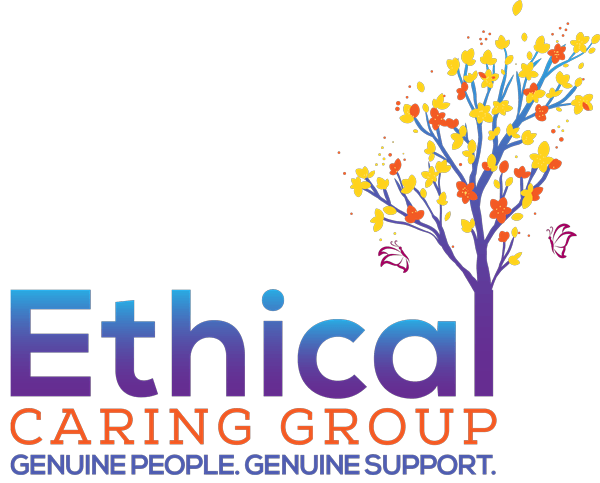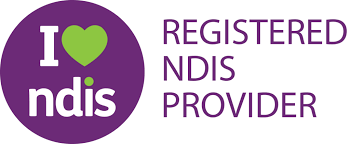-
Experienced Mentors Guaranteed
ButtonOur Mentors and Supervisors have extensive experience, and are NDIS gurus.
-
Support When You Need it
ButtonSick of not knowing who to turn to for help? We are here for you!
-
Together We Are Stronger
ButtonBeing part of our network means you are part of a group of strong and driven people who want to better the NDIS landscape.
-
Be Great at what you do!
ButtonOngoing supervison and mentoring is what makes the difference between good, and being GREAT!
Expert Peer Supervision & Mentoring
Ethical Caring Group offer various ways to support SCs and PRC's all across Australia!
Ethical Caring Group offers Peer Mentoring and Supervision to Support Coordinators, Psychosocial Recovery Coaches & Support Workers to allow them a safe space to reflect on their work, address and overcome barriers to practice and get feedback from supervisors who have worked in the role and have extensive experience.
What is the difference between peer supervision and clinical supervision?
Peer supervision is a collaborative and supportive process where professionals in similar roles come together to reflect on their work, share experiences, and gain insights from each other. In the context of support coordination, peer supervision involves support coordinators meeting regularly in a structured setting to discuss their cases, challenges, and successes. It provides a valuable opportunity for support coordinators to receive feedback, guidance, and learning from their peers who understand the unique complexities of their role.
Here are the key differences between peer supervision and clinical supervision:
Focus and Expertise:
- Peer Supervision: Peer supervision focuses on the practical aspects of the role, sharing experiences, and problem-solving within the specific context of support coordination. Peer Supervisors may have varying qualifications and specialist knowledge. Peers bring the majority of their expertise and perspectives from their direct involvement in the field.
- Clinical Supervision: Clinical supervision, on the other hand, typically involves a qualified and experienced supervisor who provides guidance, support, and oversight with a focus on the clinical aspects of the work. Clinical supervisors often possess specific expertise in mental health, therapy, or counselling.
Relationship and Power Dynamics:
- Peer Supervision: Peer supervision emphasises collaboration and equal partnership among support coordinators. The power dynamics are relatively balanced as participants share experiences, insights, and challenges on a more equal footing.
- Clinical Supervision: Clinical supervision involves a hierarchical relationship between the supervisor and the supervisee. The supervisor holds a position of authority and provides guidance, feedback, and professional development to the supervisee.
Learning and Development:
- Peer Supervision: Peer supervision promotes shared learning and mutual support. Support coordinators can learn from each other's experiences, gain fresh perspectives, and explore alternative approaches. It fosters professional growth through the collective wisdom of the group.
- Clinical Supervision: Clinical supervision focuses on the development of clinical skills and knowledge. The supervisor provides specific guidance and mentorship to enhance the supervisee's clinical practice, ensuring adherence to ethical standards and best practices.
Accessibility and Availability:
- Peer Supervision: Peer supervision can be more accessible and readily available as it relies on Supervisors & Supervisees coming together to support each other. It can be organised within the same organisation, across different organisations, or even through professional networks.
- Clinical Supervision: Clinical supervision often requires a designated and qualified clinical supervisor who may have limited availability due to their other professional commitments. It may be organized within the same organization or through external channels.
Peer supervision offers a valuable opportunity to engage with peers, share experiences, and enhance their practice through collective learning. While clinical supervision focuses more on the clinical aspects of the work and involves a hierarchical relationship with a qualified supervisor, peer supervision emphasizes collaboration and shared experiences among support coordinators in a more accessible and mutually supportive setting.
What does good peer supervision look like and why would it benefit me?
1. Like any skill, Supervision needs constant practice and refinement regular supervision creates a timeline of self-support.
2. Support Coordinators and Recovery Coaches face unique challenges in the workplace, supervision can help address these.
3. It is a source of collective understanding and solidarity – a place to create knowledge,
resources and understanding together.
4. It will help us to challenge some of our internalised stigma/ways of thinking.
5. It can help sustain aour own unique ways of working.
6. It will benefit our self-care: help us work through burn-out, cope with the demands of the role, understand the challenges facing us and help us to provide best practice support.
What approach does ECG take when delivering peer supervision sessions?
1. Onboarding paperwork will be completed that lets you outline what you want to achieve in your supervision sessions.
2. You will be encouraged to outline barriers to your practice at the same time.
3. The first session will be an opportunity for you to discuss the above with your supervisor and formulate a path forward.
4. You will be asked to come to supervision sessions with a formulated plan for discussions to allow you to receive practical supervision and reflection on real life/challenging situations.
5. You will be given an opportunity at onboarding to outline how you would like to navigate difficult conversations and situations with your supervisor
6. You will be gently challenged if your supervisor identified that there are reflections to be made around your practice.
7. The sessions will be solution focused and practical. Your supervisor will always work with you to adapt and overcome any challenges and encourage you to work towards positive outcomes, rather than reflect without action.
Check out our supervisors and book HERE
We are here to support you how you want to be supported
All Rights Reserved | Ethical Caring Group
Website designed by 🐷 Little Pig Consulting 🐷







